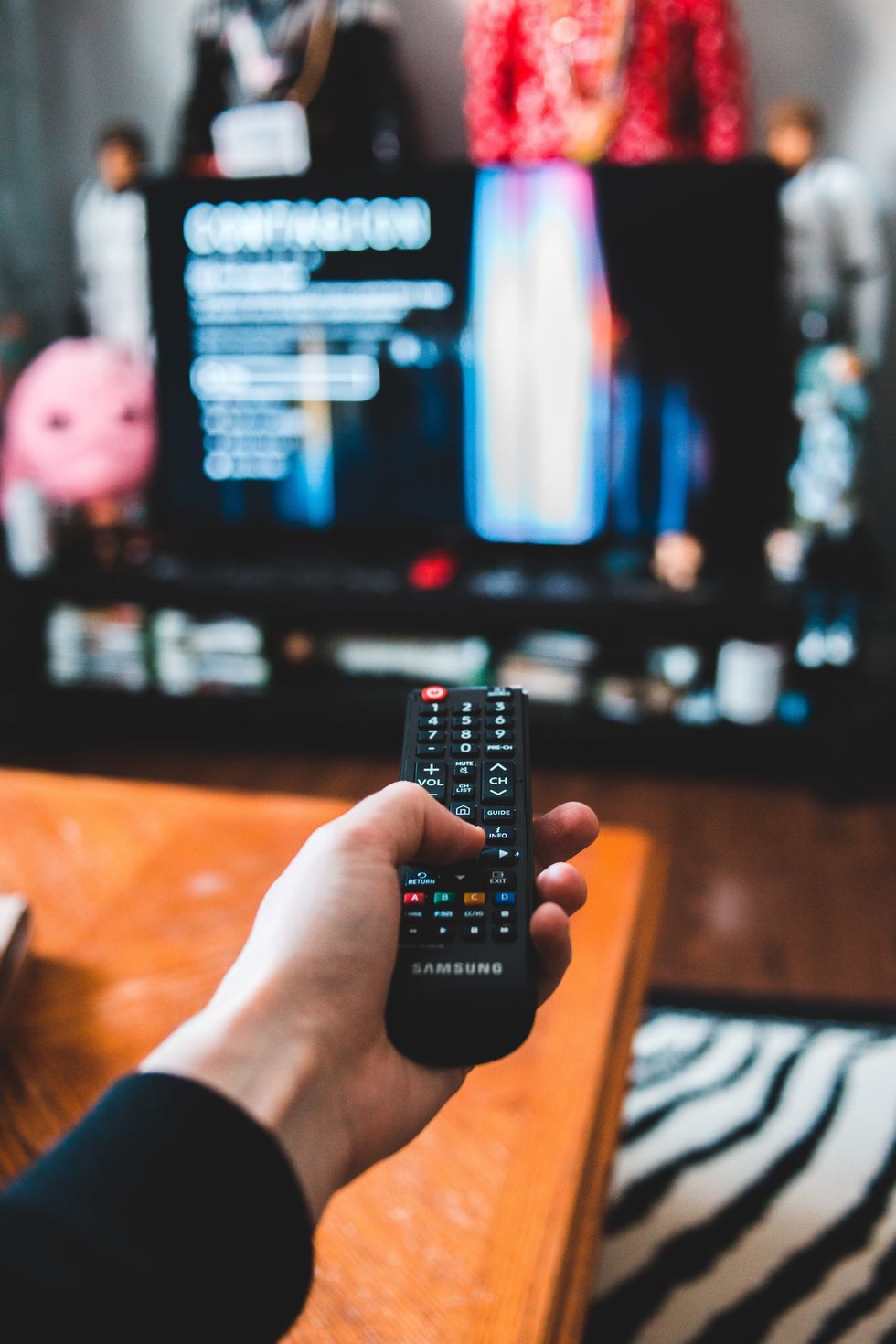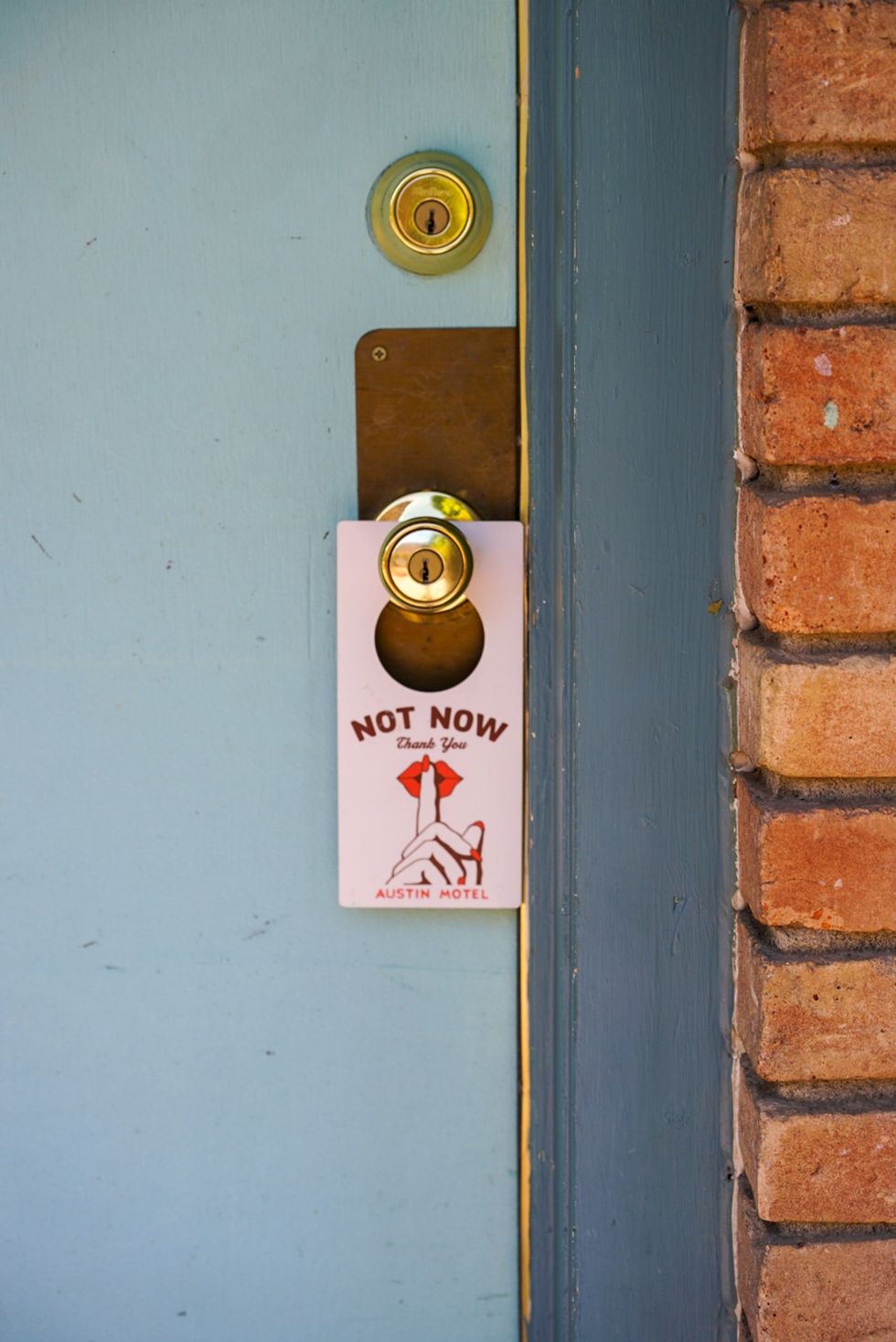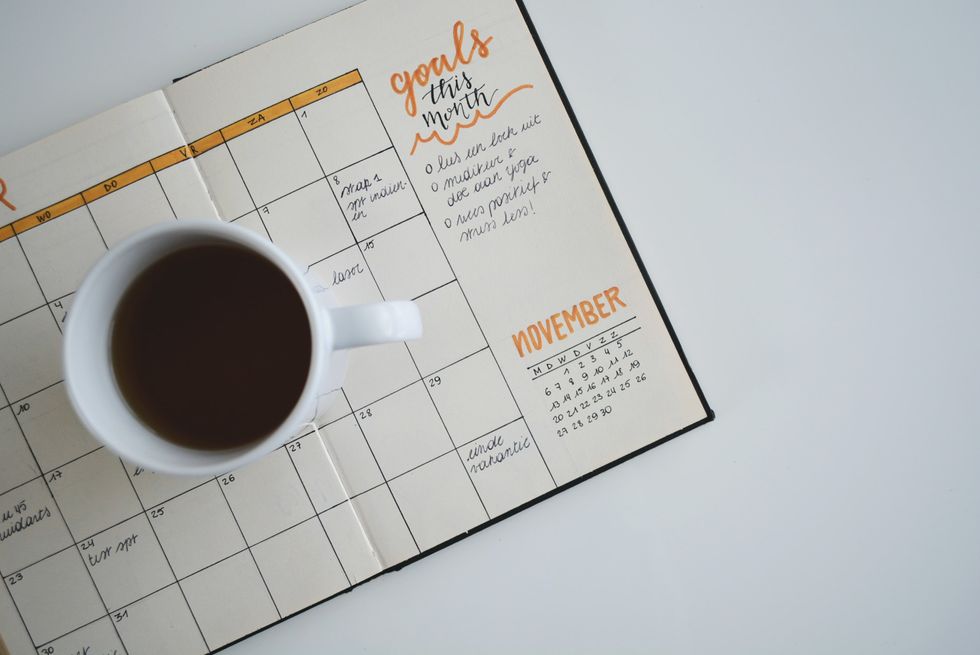As most students are stuck at home, learning how to navigate online education during this pandemic, most do not know how to equip their space, resources, and tasks reasonably. As a graduate student in a low-residency program, I had to defer my semester because my university changed its course content significantly.
But that didn't stop me from the thrill of setting an educational goal. I had taken two courses that taught how to perfect my skills that resulted in two certificates – more credibility added to my resume! In those two courses, I didn't think that I could learn so much.
But I did. I learned how to be more direct in writing as well as how to hack into my mainframe of thinking and change how I work. As a result, I feel obligated to share some of my tips on productivity while at home; here are some important, useful tips that will help you create new content and stimulate your brainwaves!
1. Tidy up your space.

If Marie Kondo has taught you anything, it's that less is more. By decluttering your space, you are eliminating distractions and waste that will otherwise accumulate and back up your hard drive of a brain.
A brain reflects its environment. By cleaning up and organizing your space, you are creating an environment that inspires and uplifts you to work rather than accumulate in mass like a tumor. Remember, if it doesn't aid you or "make you happy", then get rid of it!
2. Move your phone away from your workspace.

Technology can be totally addicting, especially when you have tasks to do and your phone's notifications are going off every two minutes. By moving your phone to the other room or turning it on vibrate and face down, you are reducing your chances of distraction by notifications.
For me, have my phone either in my bedroom or turned on its face to ignore the way my phone lights up whenever there is a notification. I accomplish a lot more and don't focus on what so-and-so has posted or said in a group message.
3. Turn everything off.

Television, music, headphones. Anything electronic, turn it off! It's like our phone – it can become addictive. By being present and focusing on the tasks at hand, you are able to do more. We think that music can inspire us – but then we end up switching artists or albums, making a playlist to fit the mood.
When you're working on the web, make sure too that you only have the most necessary webpages for your work opened; by opening up our email or social media, we lose ourselves in the tide of news and information. Don't go down that wormhole. Just keep it minimal.
4. If you live with roommates and/or your family, tell them when they can and cannot bother you.

Close your door; make a sign; or, if you're extra, write down your hours and post it on the wall/fridge for everyone to see. Your time is valuable. Make sure the rest of your squad at home knows that.
5. Eat something!

Don't skip breakfast or power through lunch. Instead, eat something like a banana and a sandwich and devote some time to another task on your list to refuel your brain. Food fuels us; without it, we cannot perform at our optimal levels.
6. Meditate for five minutes.

Need to recharge? Consider meditating for five minutes. No phones, no music, no television. Just sit down in a chair or on the floor and count your breathing. Listen to the environment. By grounding yourself, you are opening yourself up and becoming more mindfully aware.
Don't worry if you become distracted or a thought intrudes on your space; welcome it and then return to your breathing.
7. Don't work in your pajamas; change into more suitable clothes.

As college students, we are so used to going to class in our pajamas and not doing anything to change our appearance. But it's important to segue your day from sleep mode to perform mode. By changing your clothes into something more appropriate for working at the computer, you are telling your brain, hey, it's time to work!
8. List your goals and what you are grateful for.

Do this daily too. By reminding yourself of your goals and what you are grateful for, you are staying ahead of the curve and inspiring yourself to work. Don't worry about creating extensive lists; just focus on the top two or three that you would like to achieve each day, in two to three months, and long-term.
As for listing your gratitude, I do this in the evening, when I am laying in bed. I think of everything that I am grateful for and it helps me fall asleep more quickly. As well, it brightens my spiritual outlook and doesn't let me dwell too long in negative emotions.
9. Do a low-intensity exercise for five minutes.

Don't forget that your body needs fuel too! You don't have to do a full-blown work-out; in fact, by over-exercising, you can wear yourself out and not feel inspired to work. Go on a walk; do push-ups; find a low-intensity five-minute HITT work-out routine to do. And then do it!
When you exercise, you are waking up your body and brain. It's just as important as everything else.
If you are looking for more productivity tips, be sure to check out the LinkedIn Learning course, "Productivity Hacks for Writers." I know its audience is for those who work in communication/creative writing, but the hacks are applicable to anyone who works from home.
Good luck and shoot for the stars!



















